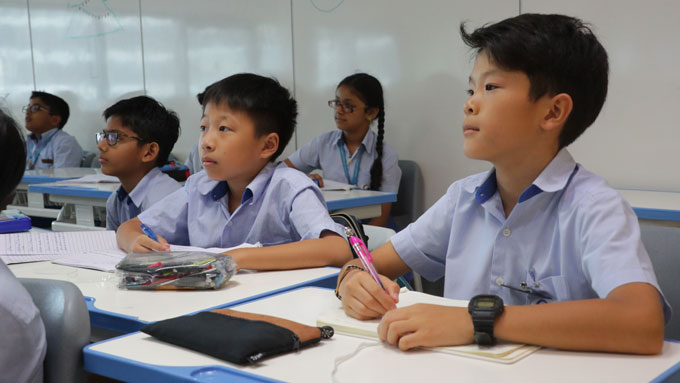An island nation in East Asia, Japan is located northwest of the Pacific Ocean. Apart from being the 11th most populous country in the world, JAPAN is also one of the most urbanized and densely populated countries. About three-quarters of the country is mountainous. The country can pride itself on being a major power and a member of many international organizations.
The country’s Self-Defense Forces are said to be the fourth strongest army in the world, despite giving up their right to declare war. Japan experienced rapid economic growth after World War II, becoming the second largest economy in the world in 1990. The country’s economy ranks fourth in PPP and third in nominal GDP in 2021. Japan has made significant contributions in technology and science to electronics and automotive industry. The country has one of the highest life expectancies in the world and is therefore classified as “very high” in the Human Development Index.
There is no doubt that Japanese culture is known and recognized throughout the world, including its music, cuisine, arts, and popular culture, which includes the famous and popular animation and video game industries. The country consists of a total of 6,852 islands stretching along the Pacific coast of Asia. Although the climate is mostly temperate, it varies significantly from north to south. The country has a very low unemployment rate of only around 2.4%. It has a high priority for competitiveness and economic freedom. Japan is considered a leading country in research, especially in the fields of technology and natural sciences. It is a world leader in the production and use of robotics and ranks better than any of the most innovative countries. The country’s constitution guarantees complete religious freedom.
Education in Japan
In 1872, as a result of the Meiji Restoration, elementary schools, middle schools in Tokyo, and universities were founded in the country. Under the Basic Education Act 1947, compulsory education consists of primary and junior secondary education, which together last for nine years. Almost all children continue their education in three years of secondary school. This 15-year-old Japanese knowledge and skill is ranked third in the world by the International Student Assessment Program. Japan is recognized as one of the top performers in the OECD in math, science and reading.
There are about 15 schools that offer IGCSE in Japan. The main learning outcomes of the Cambridge International IGCSE (International General Certificate of Secondary Education) curriculum are problem solving, critical thinking, and inquiry-based learning. The IGCSE curriculum for junior secondary schools in Japan strikes a fine balance between maintaining local relevance, adopting an international perspective and then laying the foundation for lifelong learning. Students are forced to follow a balanced and broad curriculum with a wide range of subjects. These themes also encourage students to have a concrete background in English, science, and mathematics. The International General Certificate of Secondary Education at Cambridge is recognized as the world’s most popular international curriculum for ages 14-16. The internationally recognized Cambridge IGCSE school program is available in nearly 2,500 schools in more than 130 countries worldwide and is equivalent to the GCE 0 and GCSE exams in the UK.
GCSE encourages students to be more confident with ideas and information. It is a two-year program leading to the University of Cambridge exams that are determined, certified and externally assessed. Cambridge Road takes students on a journey through Cambridge Primary School, Cambridge Junior High School, Cambridge IGCSE and Cambridge GCE Advanced A-Level. Students can join at any time. The curriculum at each stage has goals and objectives that help students become more confident, responsible, reflective, innovative, and interesting. This is a key quality of students at Cambridge.
Tuition fees at Cambridge are modest for the range of academics covered by the program. Cambridge IGCSE offers a broad and comprehensive curriculum, covering subjects from a wide range of fields, including the humanities, languages, mathematics, engineering, creative, vocational and social sciences, with English, science and mathematics as majors.
Conclusion
The main outcome of the Cambridge International IGCSE curriculum is to encourage the development of students’ critical skills, including inquiry, problem solving and creative thinking. In this way, IGCSE courses help lay an important foundation for lifelong learning. The majors offered are: English as a First Language, French/Japanese/Hindi as a Second Language, Mathematics, Business Administration, Chemistry, Biology and Physics, Accounting, ICT and Economics.
Apart from this if you’re interested to know about Citizens of Japan and America can apply for an Indian visa online then please visit our Travel category.









